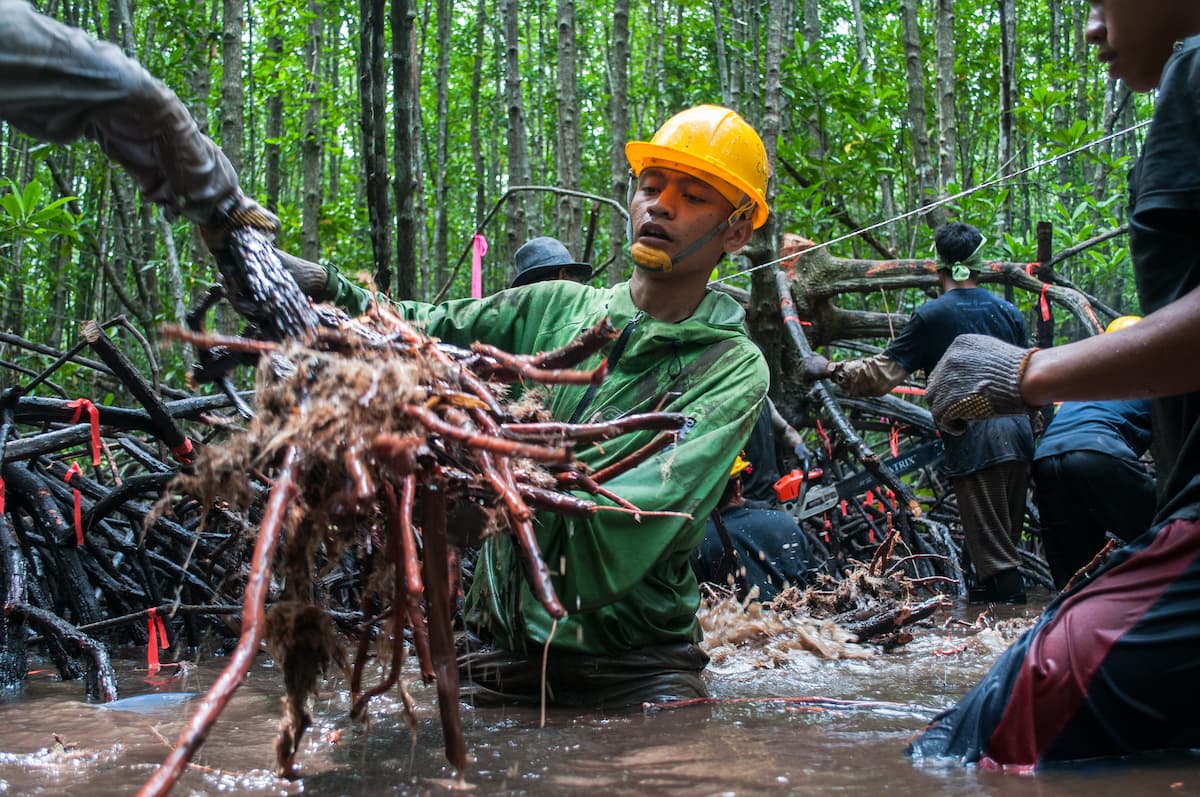Green Gold: Carbon Markets as the Financial Lifeline for Developing Nations

Emerging economies have the power to take the lead in establishing carbon trading schemes, even without a comprehensive global framework in place. Yuan Zheng, a prominent expert from the New Development Bank, argues that these nations can proactively drive climate action through innovative local carbon markets.
By developing their own carbon trading mechanisms, emerging economies can create meaningful environmental and economic opportunities. This approach allows countries to tailor carbon trading strategies to their specific economic contexts and sustainability goals, rather than waiting for a one-size-fits-all international solution.
Zheng's perspective highlights the potential for bottom-up climate initiatives, demonstrating that meaningful progress doesn't always require global consensus. Instead, individual countries and regions can become catalysts for transformative environmental policies that can later inspire broader international cooperation.
The recommendation signals a shift from passive waiting to active engagement, empowering emerging economies to become leaders in the global fight against climate change. By taking initiative, these nations can not only reduce their carbon emissions but also potentially create economic incentives for sustainable development.
